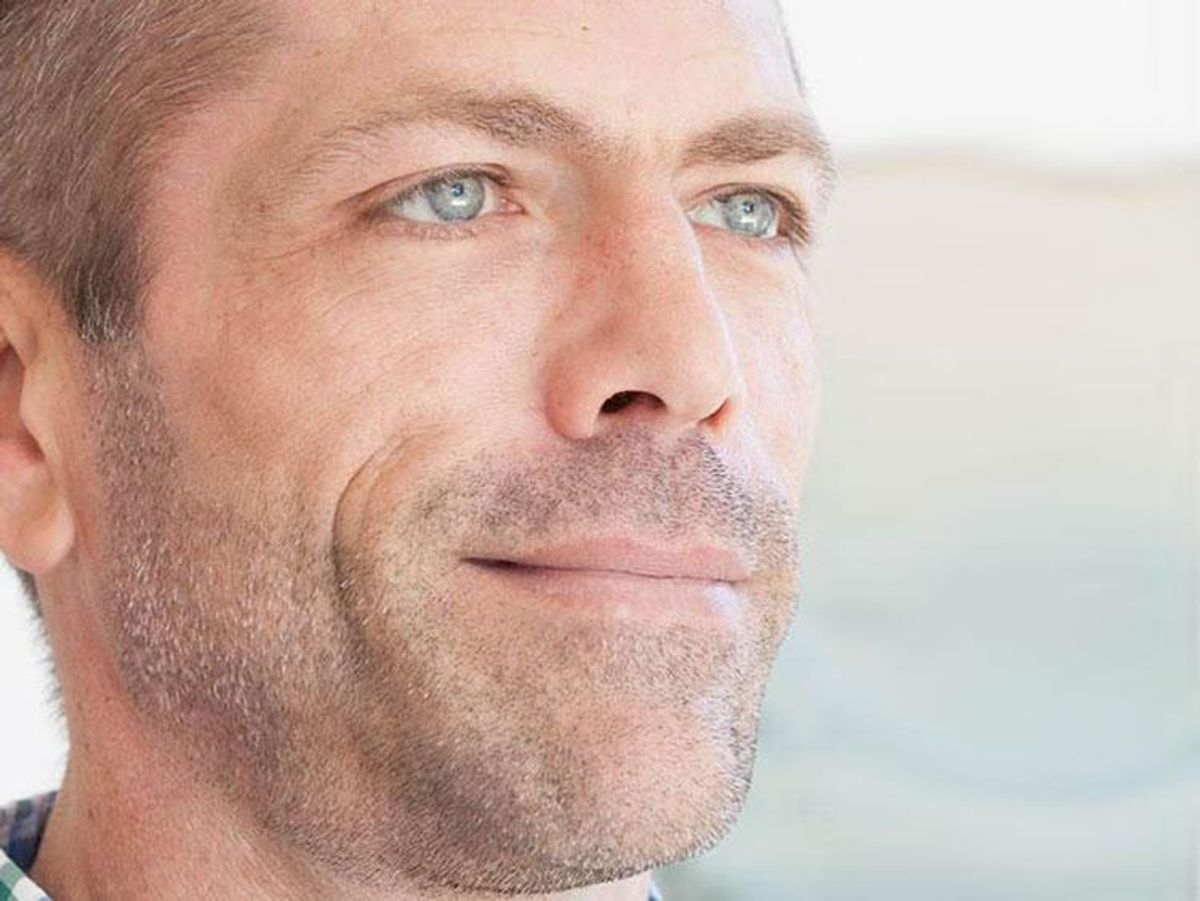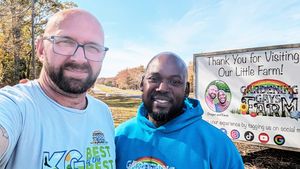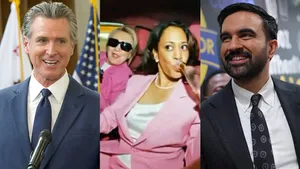On his Facebook page, in interviews, blog posts, videos, and the 2013 book The AIDS Generation: Stories of Survival and Resilience, Sean McKenna has shared his own story about living with HIV to reiterate that people are still dying of AIDS complications, and more importantly, many are still living with low CD4 counts, high viral loads, and multiple illnesses that characterize what some advocates prefer to call stage three HIV.
Now in his mid-50s, McKenna believes he contracted HIV in 1982, although he wasn’t diagnosed for over a decade, and by the time he got into care the virus had become entrenched in stage three. As someone living with AIDS, McKenna wants to end the ignorance and stigma that still surrounds the diagnosis.
Last year, the activist was named to the Poz 100 list in recognition for helping staffers revive the Buddy Program at New York's GMHC.
Announced June 5, 2015 in commemoration of National HIV/AIDS Long-Term Survivor Awareness Day, GMHC's revamped Buddy Program focuses on providing services to those who contracted the virus before the advent of highly active antiretroviral therapies and/or who have been living with HIV for 10 or more years.
Long-term survivors, and those with HIV who are over 50, are facing issues like rapid aging, heart disease, and AIDS-related illnesses as well as depression, PTSD, and stigma — even from within the LGBT community.
“Until there is a cure,” McKenna says, “every one of us who is infected will eventually become a long-term survivor.” That’s one reason advocates and long-term survivors like McKenna want scientists to continue searching for a cure, rather than settling for preventative breakthroughs like PrEP or a potential vaccine.
When it was first launched in 1982, GMHC's Buddy Program provided companionship and assistance to those dying from AIDS compllications. The program offered everything from chaperones to take individuals to doctor appointments and hospitals, assistance with shopping and cooking, and osupport for those unable to leave their homes. Deemed no longer necessary, the program’s funding was eliminated from the Ryan White Care Act by Congress and it ended in 2005.
Ten years later, McKenna recognized that the Buddy Program was still relevant, even if the needs of the community had changed.
“Many long term survivors and their specific needs were forgotten about while the gay community fought for marriage rights,” McKenna says now. “All these years later, with the fight won, we still take a backseat to PrEP and other issues in the gay community, while [we face] very real health, mental health and isolation issues. I thought the Buddy Program could help us out of our isolation by pairing people and getting long term survivors out of the dark and back into the light.”
McKenna says he just uses his "big mouth" until someone listens, in this case the dedicated staff at GMHC.
"Helping to bring back the GMHC Buddy Program is nothing short of miraculous,” McKenna said when the program was relaunched in 2015. “…This time around it's designed to help people live their lives to the fullest."
Today, McKenna says GMHC’s work is still critical “because AIDS is far from over!” He’s proud to have played his part in bringing back the Buddy Program.
“It's been a long haul but well worth it,” he says. And he’s not willing to stop there. He's now advocating for "the LGBT community [to] embrace the long term survivor community and talk about us openly as an issue to be dealt with…That our needs become as important as trans issues and PrEP.”
As with marriage equality efforts, buy-in and support from a large chunk of the LGBT spectrum is neccessary, McKenna adds, because “we work better as a cohesive community.”



































































